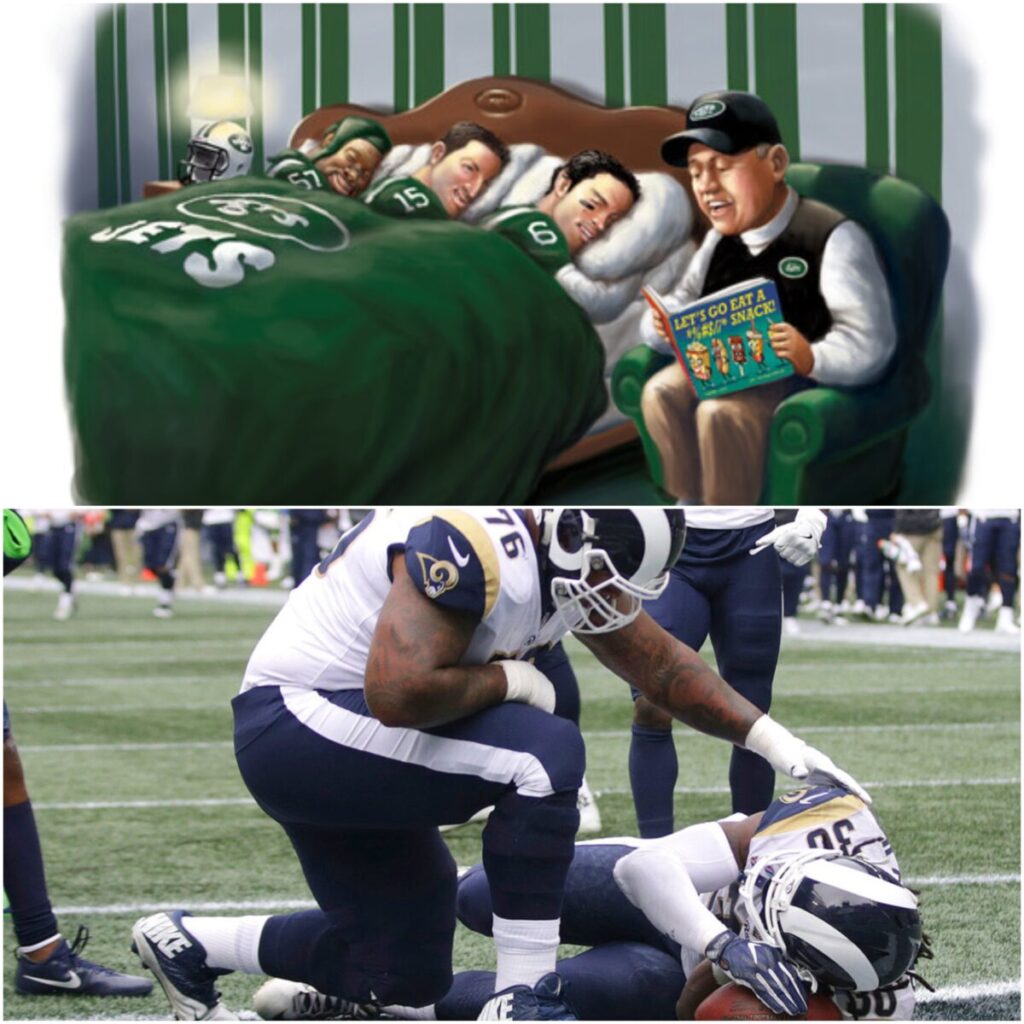Everyone needs sleep, but NFL players sleep need it more for performance than just a sense of relaxation. Professional football players face strict physical and mental demands, so getting enough sleep is necessary in their daily routine.
Let’s explore the value of sleep and how many hours NFL players sleep try to get each night.

How Many Hours Do NFL Players Sleep?
Importance of Sleep for NFL Players
1. Physical Recovery
NFL players put their bodies through a great deal of physical strain both during practice and competition. Sleep is required for muscle growth and repair, helping athletes in their recovery from the strain and cuts of competition.
2. Mental Rejuvenation
Football demands not just physical skill but also acute mental focus and cognitive function. Getting enough sleep improves memory, focus, and decision-making, all of which are essential for success in the game.
3. Injury Prevention
Due to slowed reaction times and impaired coordination, lack of sleep can raise the risk of injuries. Getting enough sleep lowers the chance of accidents while helping in player alertness.
How Many Hours Do NFL Players Sleep?
- General Guidelines
While everyone has different sleep needs, most adults need 7 to 9 hours of sleep every night to function at their best. Players in the NFL are not an exception.
- Variability
NFL players’ sleep patterns can vary due to a variety of factors, including travel, game schedules, and individual preferences. Some people might require extra sleep to recover from hard workouts or injuries.
- Routine
Many NFL players prioritize their sleep routines even though the challenges they face. To get the most out of their time, they frequently follow fixed routines, trying to go to bed and wake up at regular times. their rest.
- Preparation
Sleep becomes even more important on game days. To be physically and mentally ready for a game, players frequently concentrate on getting a good night’s sleep the night before.
Read: Do NFL Players Have a Lot of Free Time?
Challenges to Quality Sleep
1. Travel
NFL teams travel a lot for games, which can cause time zone shifts and unfamiliar surroundings to interfere with sleep patterns.
2. Late Games
Playing video games in the evening can keep players up late, which makes it difficult for them to relax and get enough sleep for the following day.
3. Stress and Anxiety
The competitive nature of the sport and the pressure to perform can raise stress levels, which can affect the quality of sleep.
4. Injury Concerns
Ankle pain can make it difficult to NFL players sleep, so athletes need to learn how to manage their pain and still get enough sleep.

Improving Sleep Habits
- Consistent Bedtime Routine
Developing a consistent nighttime routine can help the body recognize when it is time to relax. This could involve relaxing pursuits like stretching, reading, or meditation.
- Create a Sleep-Conducive Environment
To guarantee the best possible sleep comfort, players frequently spend money on cozy mattresses and pillows. A good sleeping environment can also be produced in the bedroom by reducing light and noise.
- Limit Screen Time
Blue light, which is released by electronic devices, can disrupt the body’s normal biological cycle. To prevent sleep disturbances, NFL players frequently establish limits on their screen time before bed.
- Stay Hydrated
Sleep quality can be adversely affected by dehydration. NFL players sleep place a high priority on staying hydrated during the day, but they might cut back on fluids closer to bedtime to avoid disruptions from frequent trips to the restroom.
- Manage Stress
Before going to bed, players can learn stress-reduction and relaxation techniques like deep breathing, journaling, and visualization.
- Seek Professional Help
Athletes who suffer from persistent sleep problems or sleep disorders like insomnia or sleep apnea must look for medical attention. Sleep experts can offer specific recommendations and treatments to enhance the quality of sleep.
Final Note
In the competitive world of professional football, getting enough sleep is essential for players' well-being and efficiency.
While the precise amount of NFL players sleep get varies, getting good sleep is always important.
Player performance on the field can be improved by optimizing their physical and mental well-being through the development of healthy sleep habits and prioritization of sleep.










